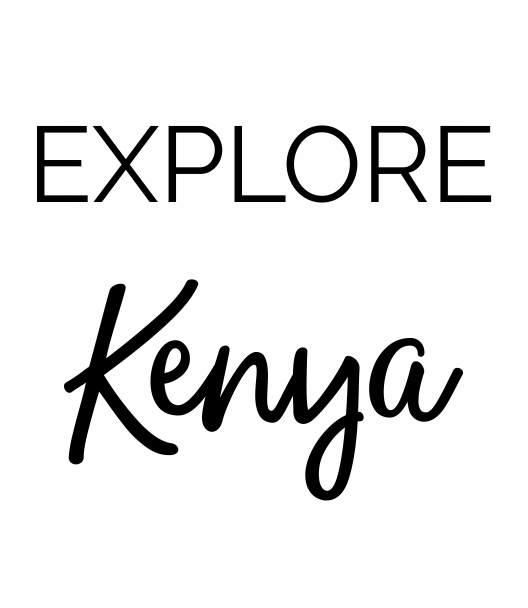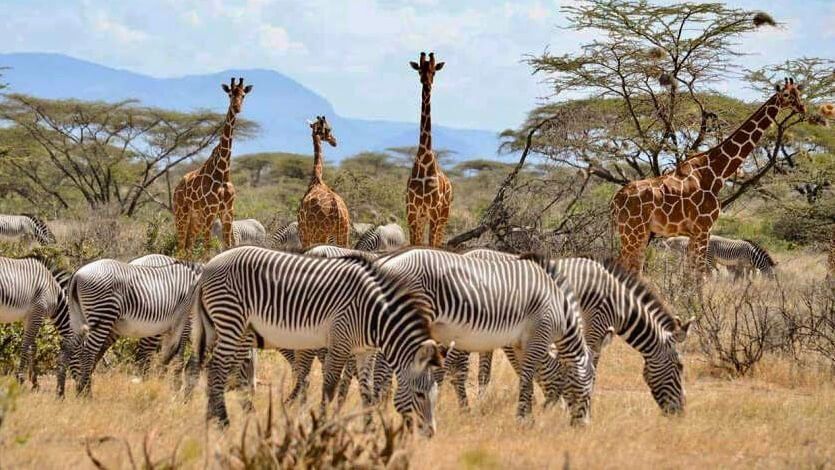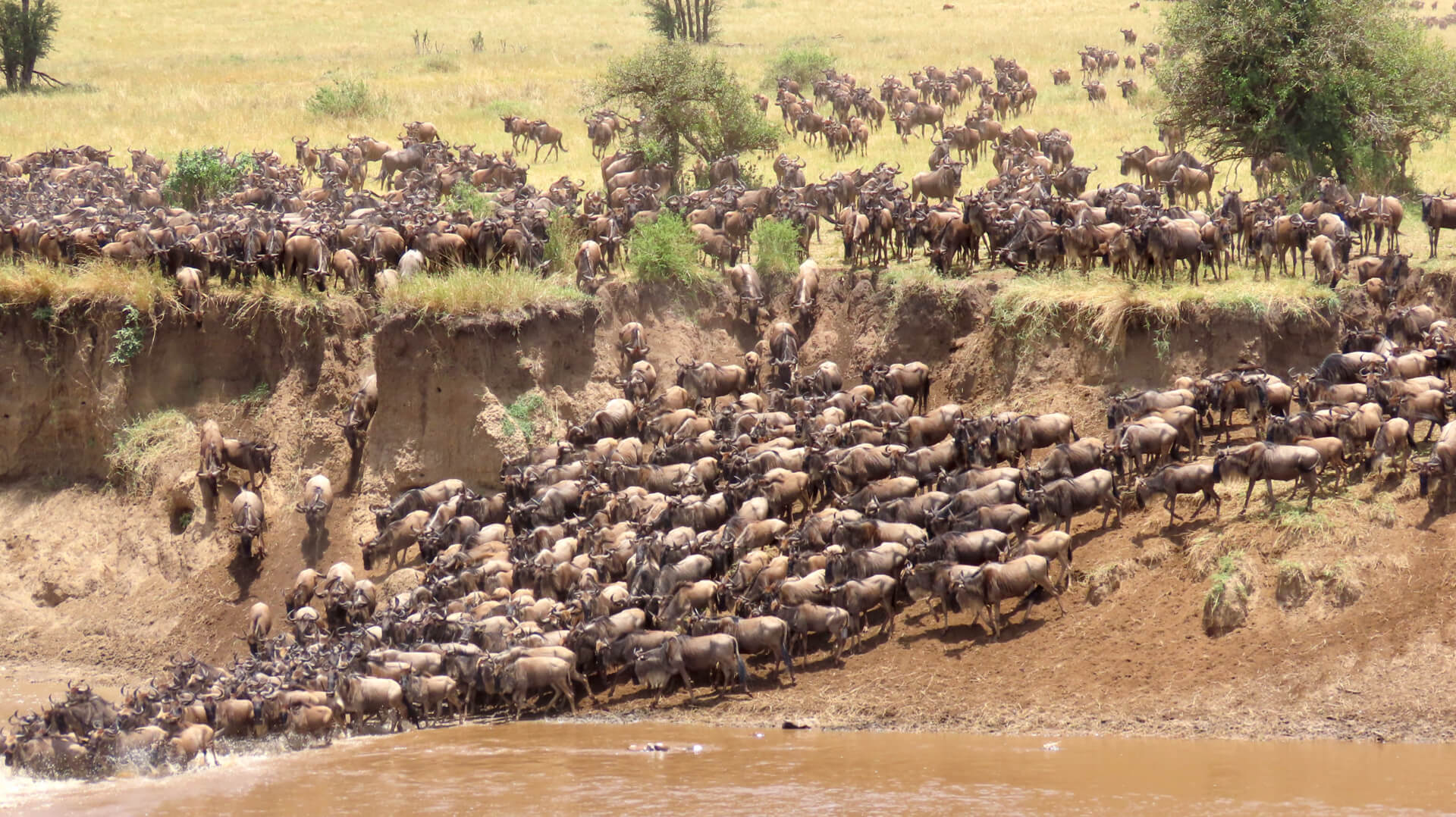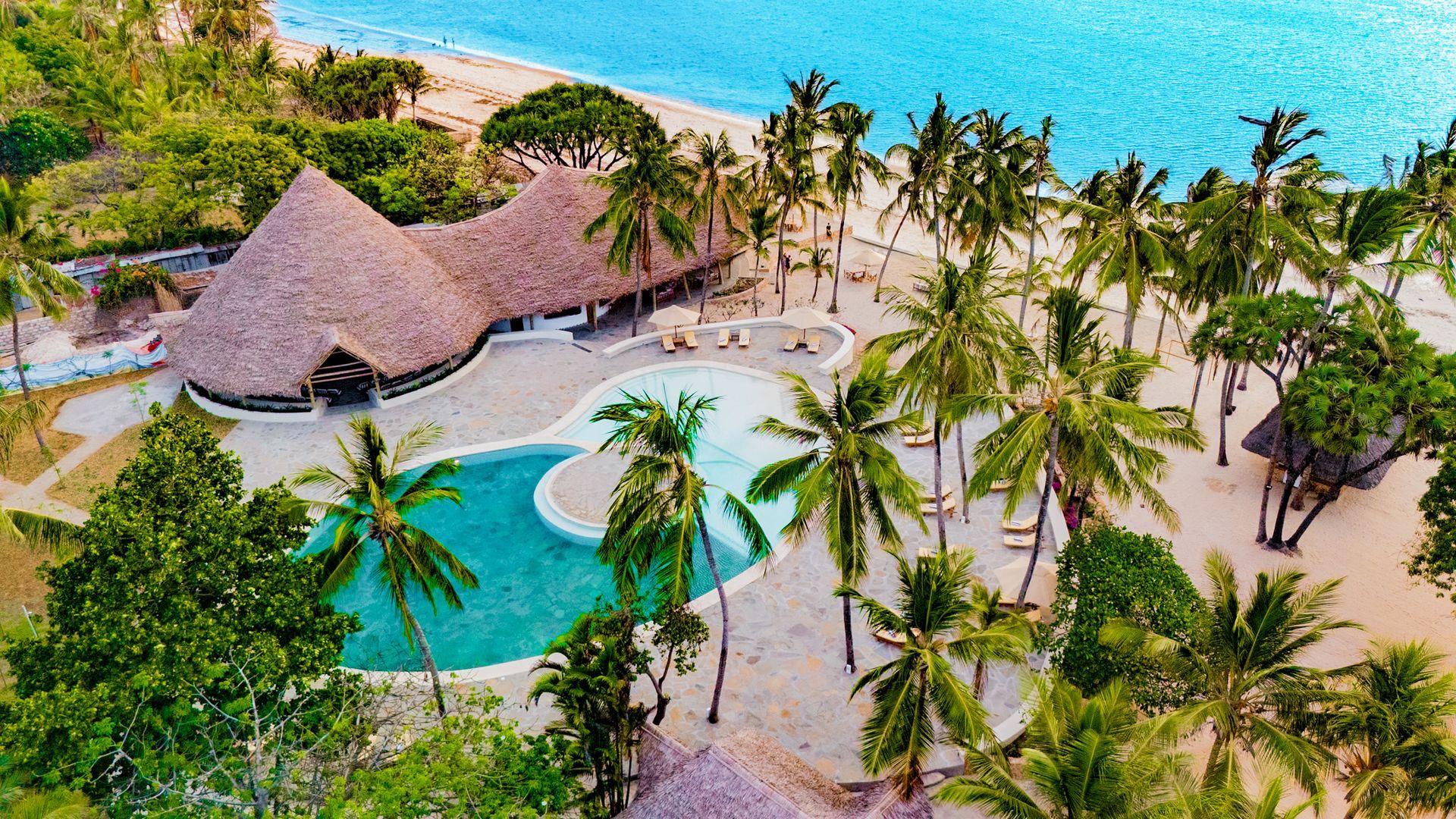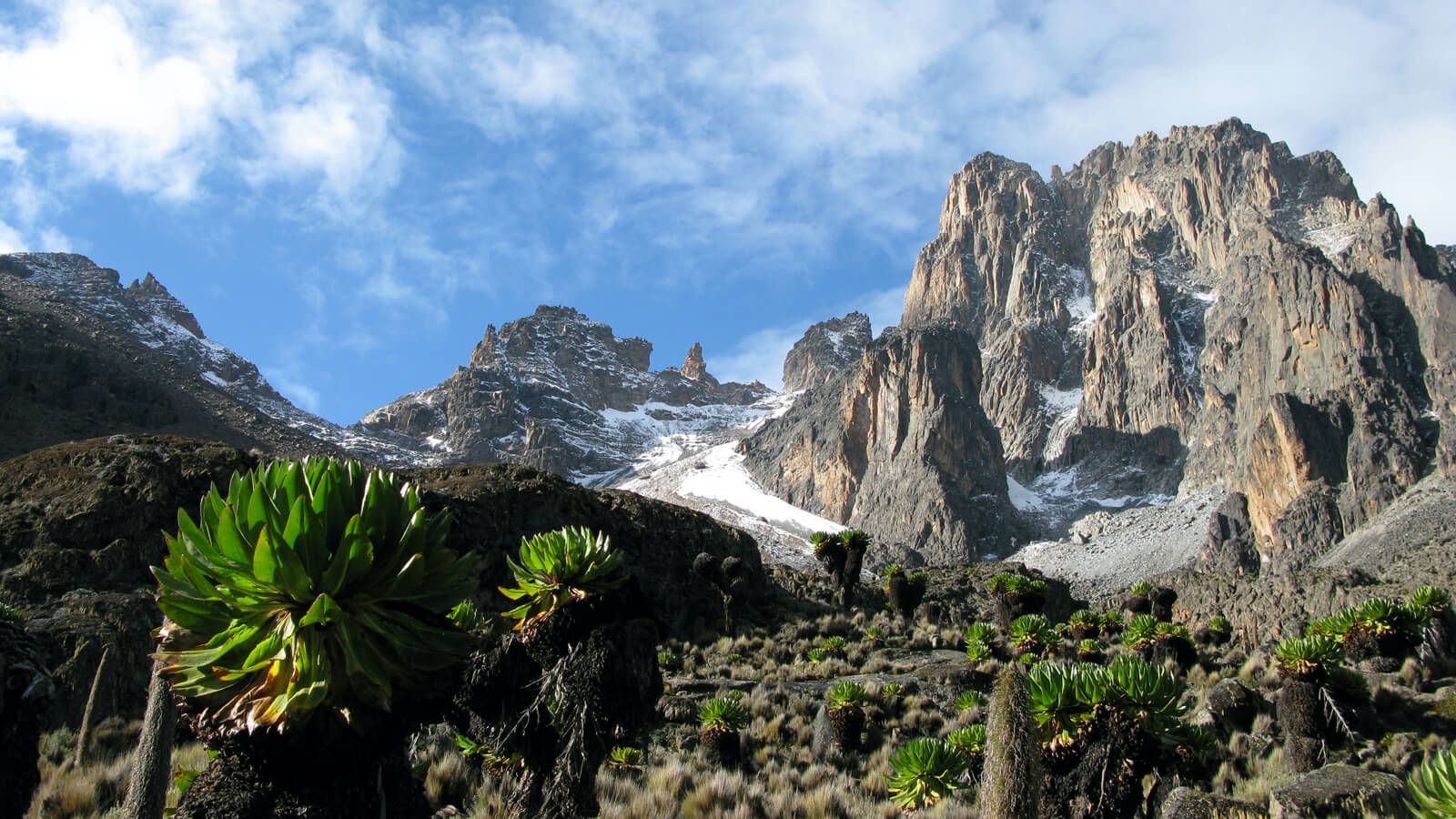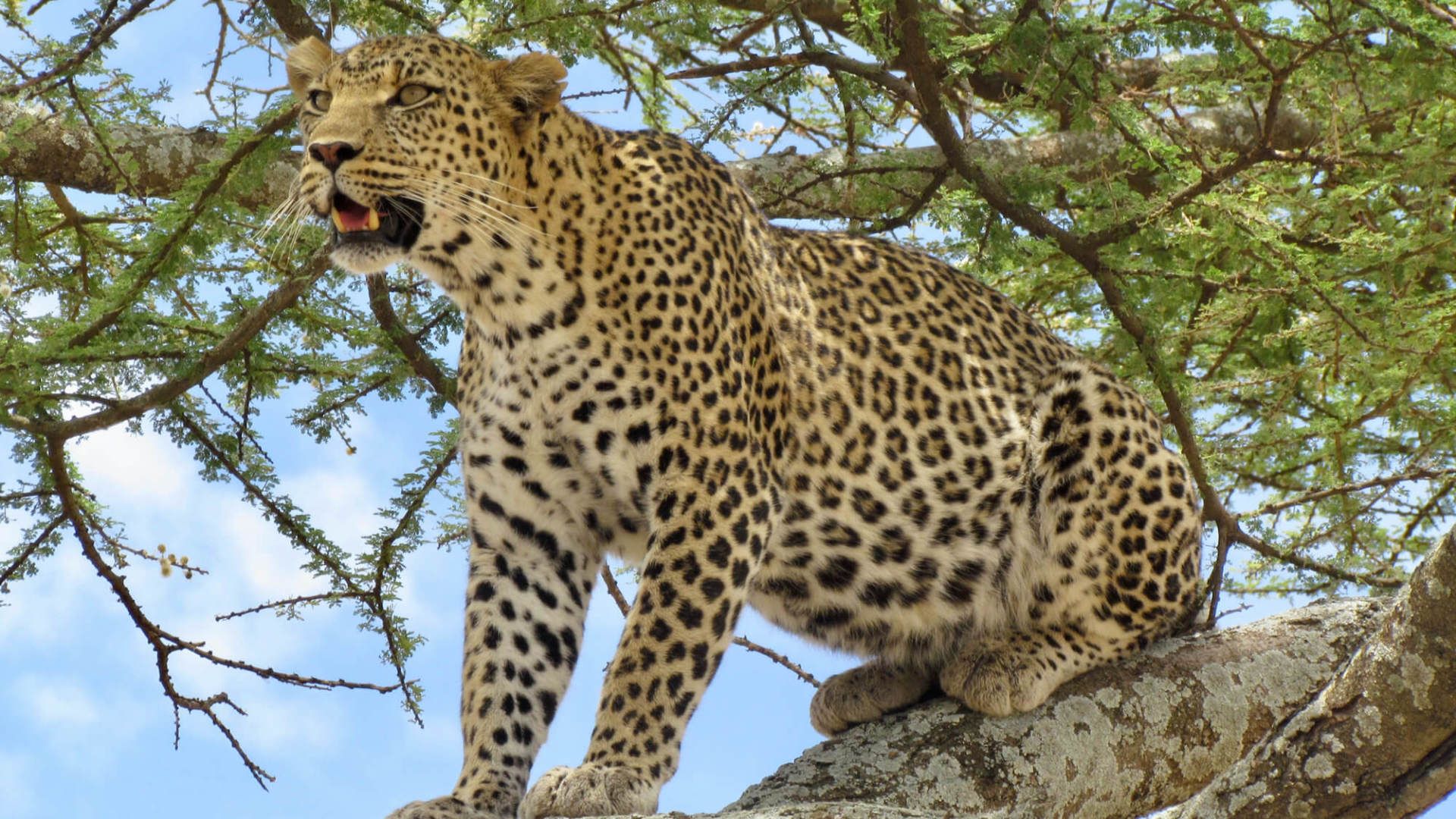Questions & Answers about Kenya
If this is your first time travelling to Kenya, you probably have endless questions. On this page, we have compiled a list of general questions and answers to assist you.
- Where are the best places in Kenya for birding?
Kenya is world-renowned as a birding paradise, all year round. Birdwatching is best from November to April when you can see endemic species as well as migratory birds from Europe and Asia.
Best birding locations include:
- Amboseli National Park with 400+ bird species including at least 40 raptor species
- Masai Mara with 500+ recorded bird species
- Samburu and Buffalo Springs have 380+ recorded bird species
- Lake Naivasha with 400+ recorded bird species
- What kind of vehicles do eXplore Plus use on safari?
We use a custom-built 4WD Toyota Land Cruiser for our safaris. The vehicles take up to 6 clients in 3 rows of seating (guaranteed window seat for all) with a pop-up roof, which can raise for wildlife viewing. The pop-up roof offers excellent photographic opportunities and also provides shade while enjoying your safari. Our vehicles are serviced and maintained to a very high standard before and after every safari, to ensure optimal comfort during your journey.
- Is it important to have unlimited kilometres on your safari?
One of the most important facts you need to check when booking your safari is if it includes unlimited kilometres. With limited mileage, you will NOT maximize your wildlife viewing! Plus, you might get stuck with a safari guide who is bound to prescribed kilometres and refuse to follow a good sighting because of his restrictions. If you don’t take this into consideration, you will probably end up disoppointed. We offer you unlimited kilometres as we understand the importance of optimising each game viewing opportunity.
- I'm travelling with children – is a Kenya safari a suitable holiday?
YES, travelling to Kenya can be incredibly rewarding for families. We provide excellent child friendly guides and try to limit the amount of time spent in a vehicle. We also offer regular stops along the way when doing a family safari.
- What do I need to pack for a safari?
The golden rule is to pack as lightly as possible. We recommend comfortable shorts, shirts and long trousers for the duration of the safari. It is crucial to pack warm clothes for the cooler mornings and late evenings as it can be cold. If you wish to swim at the lodges between your game drives, do not forget to pack swimwear. Remember to stock up on insect repellent as you will be in a malaria area.
* Book through eXplore Plus Travel & Tours and receive a detailed “What to pack” list based on the area you will be visiting.
- Do I need a visa to enter Kenya?
Please note that anyone travelling abroad is obliged to have a valid passport with a minimum of six months validity from the date of return with at least 3 blank pages.
Most passport holders require a visa for Kenya. Visas can be obtained from the Kenya High Commission or online. Remember that visa requirements can change with little or no notice. Please double-check foreign entry requirements according to your nationality by contacting eXplore Plus or the Kenya High Commission.
- Can I store luggage with you to be picked up at a later point during my trip?
If you're heading to the beach after your safari or travelling with excess luggage, we recommend that you store some of your luggage at our office in Nairobi while you are in the bush. We can return it to you before flying out. If you need to use this option, it is practical to use more than one bag when packing.
- What is the local currency, and do I need any?
The Kenyan shilling (KES) is the official currency of Kenya. Kenyan shillings are useful when paying for taxis, drinks, snacks and tipping at restaurants, etc. US Dollars are widely accepted and sometimes even preferred over local currency. Euros are accepted but not preferred. You can use credit cards at larger establishments, where Visa and Master Card are the most widely accepted cards.
* Dollar notes printed before 2009 are not accepted.
- Is it safe to travel to Kenya?
As with many places around the world, Kenya does have a few questionable areas that should be avoided. Planning your trip through a reputable travel company will prevent any misunderstandings and allow you to enjoy what will undoubtedly be one of your most memorable holidays.
- Using your cell-phone in Kenya?
Most of the major national parks in Kenya have very good all-around cell phone coverage. A prepaid SIM card with a GSM international cell phone is the most convenient and economical calling solution while travelling in Kenya.
- Can I charge my camera/computer batteries while on safari?
Most lodges and camps in Kenya have facilities (plugs) to charge batteries for cameras, video recorders, computers, etc., but it is advisable to bring spare batteries as a backup. The lodges have plugs in their rooms and some of the tented camps offer central charging stations. Bring your own adaptor. Kenya has the same 3 pin square plugs/sockets as the UK. The electricity supply in Kenya is 220/240 V 50 Hz.
- Should I take out travel insurance before visiting Kenya?
Organizing travel insurance is vital for any trip to Africa and we recommend that you do it when you pay your deposit. Should something unexpected happen and you need to cancel your holiday, it is good to know
that you have insurance cover and may be able to retrieve your money. Insurance is also recommended to cover loss of baggage and flight delays.
- What are the roads like while travelling on safari in Kenya?
There are some beautifully paved roads throughout Kenya and most of them lead to national parks and safari areas. Gravel roads near some of the parks are often rutted because of heavy use. Roads inside the parks are made of gravel and can be dusty, bumpy and physically demanding.
Anything else that I should know?
ULTIMATE KENYA GROUP SAFARI
GROUP SAFARI
9 days / 8 nights
Highlights: Samburu NP / Ol Pajeta Conservany / Lake Naivasha / Masai Mara NR
Date: 19 - 27 July 2026
MASAI MARA SAFARI
6 days / 5 nights
Highlights: Lake Elmenteita / Masai Mara Nature Reserve
Date: Private Safari
BUSH AND BEACH GETAWAY
8 days / 7 nights
Highlights: Diani Beach / Tsavo East NP / Malindi Beach
Dates: Until Oct '26
MT KENYA CLIMB
7 days / 6 nights
Highlights: Sirimon / Chogoria Route
Climb: 5 days
Date: Private climb
BEST OF EAST AFRICA SAFARI
13 days / 12 nights
Highlights: KENYA - Lake Naivasha / Masai Mara / Amboseli NP
TANZANIA - Serengeti NP / Ngorongoro Crater / Lake Manyara
Date: Set departure dates

